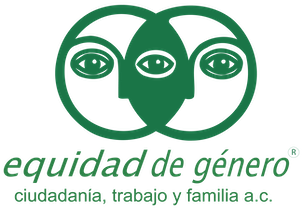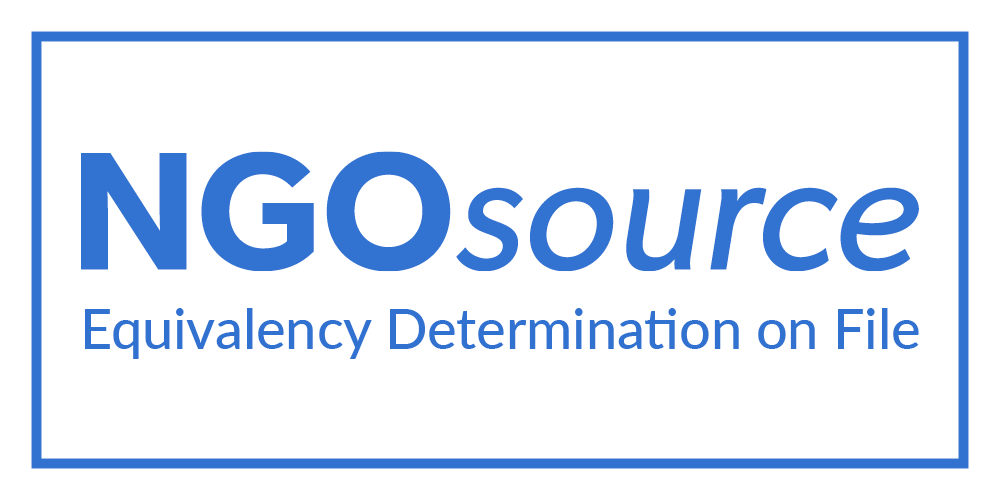
Women’s Working Group on Financing for Development
Webinar Series
Macro Solutions for Women, the People and the Planet
A series of action-oriented dialogues on the macro agendas and the current crises
Financial and gender impacts of Coronavirus (COVID-19) Pandemic
By Denisse Vélez Martínez
In the first webinar of the series participated Cornelia Kaldewei, Economic Affairs Officer in the Financing for Sustainable Development Division of the United Nations Department of Economic and Social Affairs; Katherine Gifford, UN Women policy specialist, and Crystal Simeoni, a pan-African feminist activist. In addition, María José Romero, Policy and Advocacy Officer of Eurodad was present as commentator, and Rosa G. Lizarde, global director of the Feminist Working Group and co-coordinator of the Women’s Working Group on Financing for Development, acted as the conference moderator.
The discussion focused on the macro dimensions of the pandemic, combined with the alarms, prior to COVID 19, of a financial crisis whose repercussions will be even greater in the countries of the global South: the collapse in foreign direct investment and in remittances (due to the closure productive and paid activities in migrant-receiving countries); the impacts of the oil and other commodity crisis; the closure of tourist activities, and the monetary impact. In other words, a series of economic vulnerabilities that reveal the fragility of the international financial system, which necessarily forces us to think about the action of the institutions as lenders of last resort, but above all as employers of last resort, for which it is It is necessary to carry out feminist responses that put people and the planet at the center.
Amid the pandemic, in addition to considering the implications of containment measures and the economic crisis on gender-based violence against women, governments must ensure the availability and affordability of health services, including sexual health and reproductive; public goods and services for the redistribution of care work; measures to face the loss of jobs where there is overrepresentation of women, such as the informal sector, tourism and services. All this means looking at inequalities and power structures, and that is what it is all about when talking about financing for development.
What is the Financing for Development Agenda?
It contains more than one hundred concrete measures that cover all sources of financing and include a wide variety of aspects, including science, technology, innovations and trade. It establishes the mobilization of national resources by expanding the tax base, improving tax collection systems, and combating tax evasion and illicit financial flows. It also commits countries to comply with official development assistance, especially towards the least developed countries, and stipulates greater South-South cooperation.
Co-Convenors Women’s Working Group on FfD:
Rosa Lizarde, Global Director, Feminist Task Force, Global Director; and Co-Convenor, Women’s Working Group on FfD. rosa.lizarde@feministtaskforce.org
Emilia Reyes, Program Director, Policies and Budgets for Equality and Sustainable Development, at Gender Equity: Citizenship, Work and Family; and Co-Convenor, Women’s Working Group on FfD. emilia@equidad.org.mx
In Equidad de Genero we will be publishing reviews [EN-ES] of the webinar series, which will be available on Women’s Working Group on Financing for Development YouTube channel.


